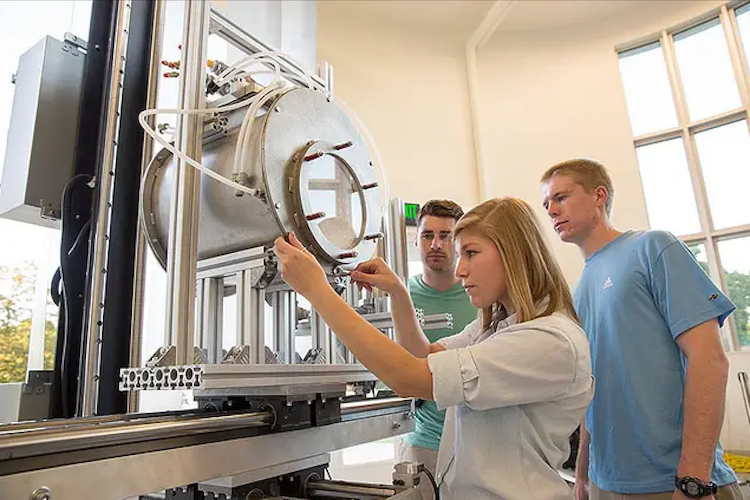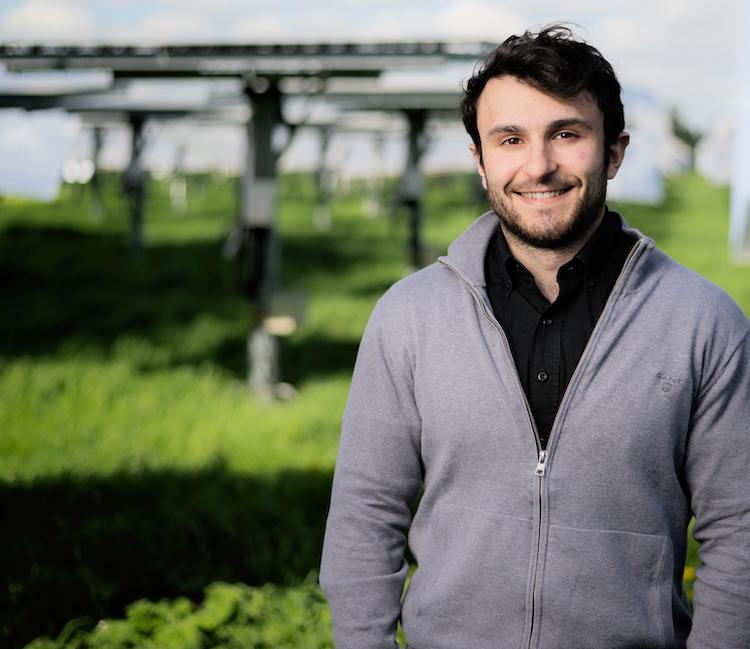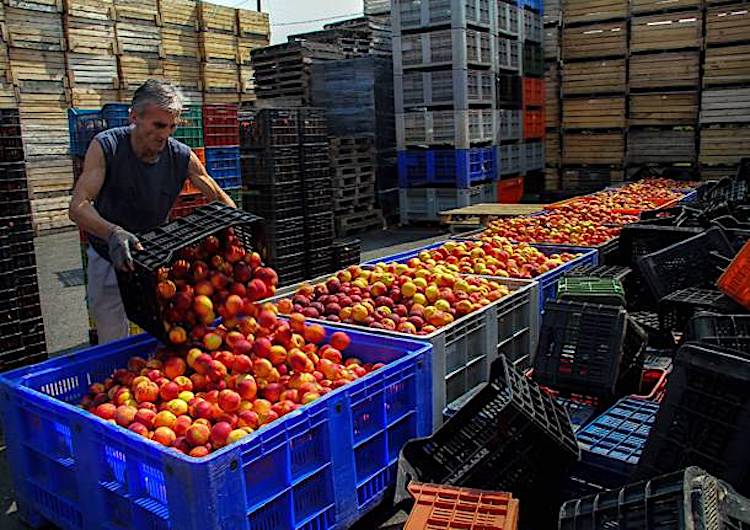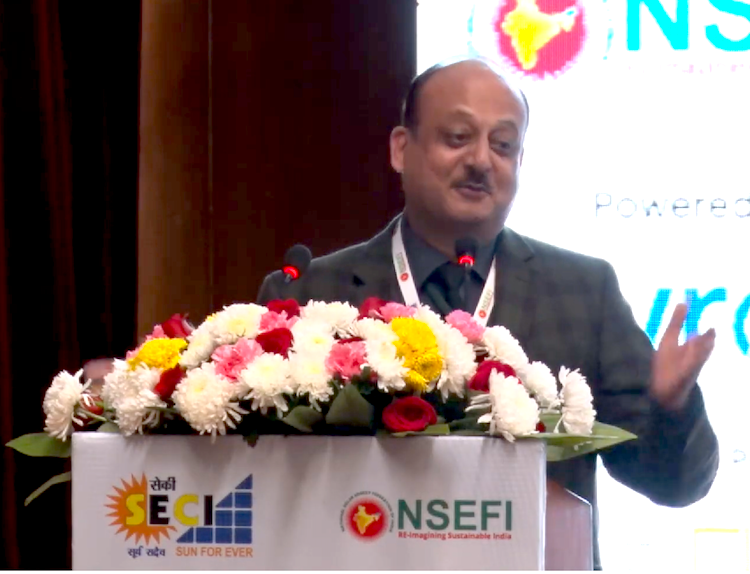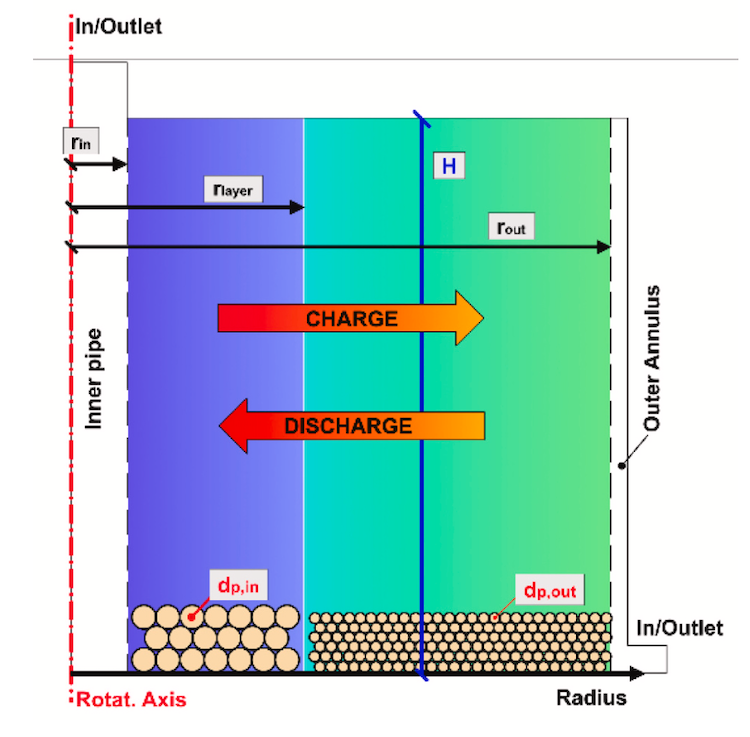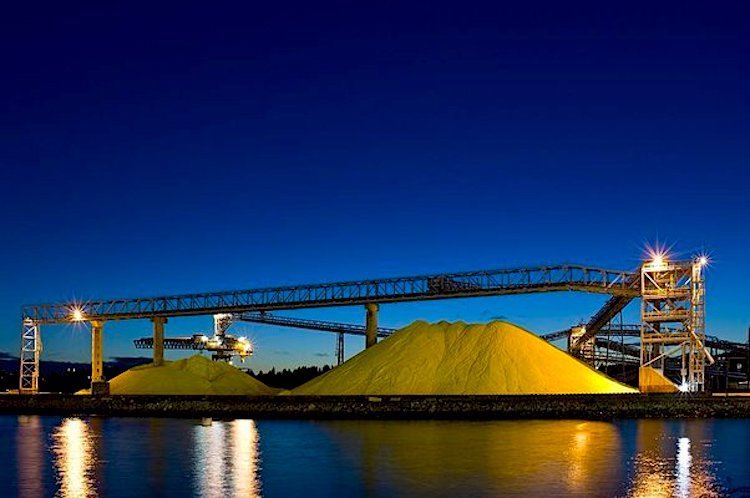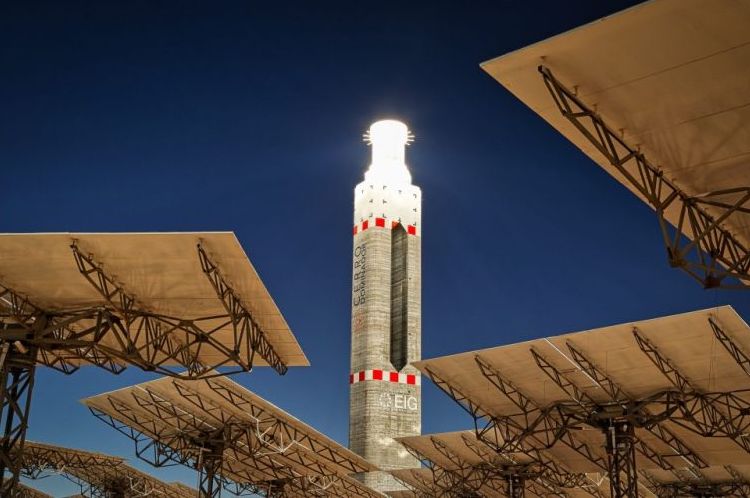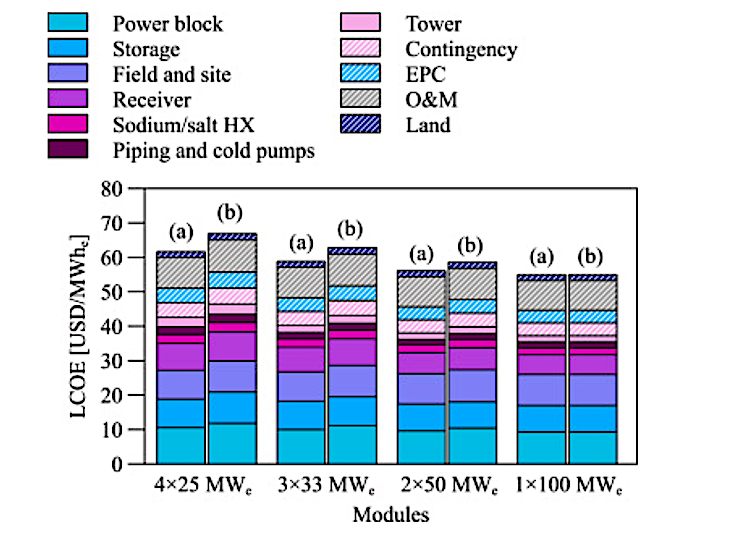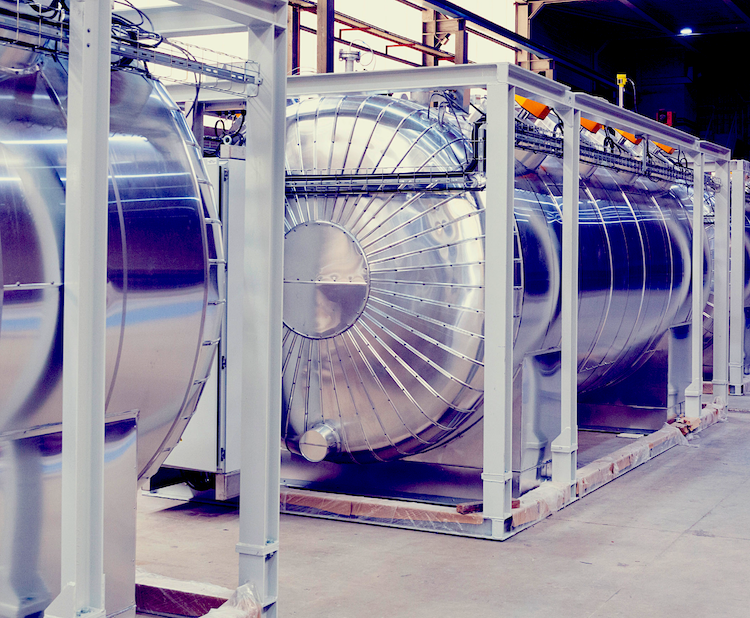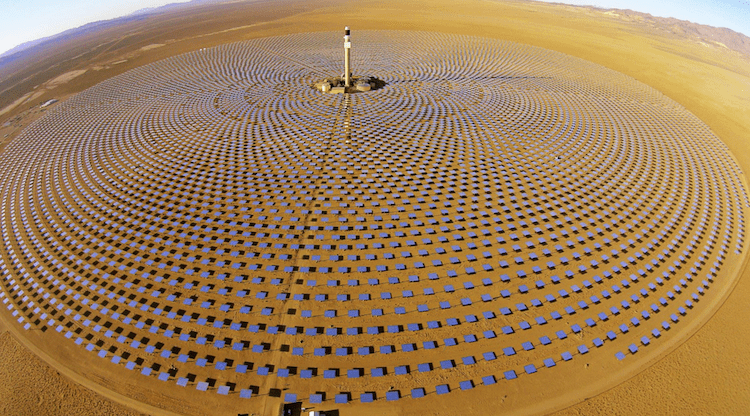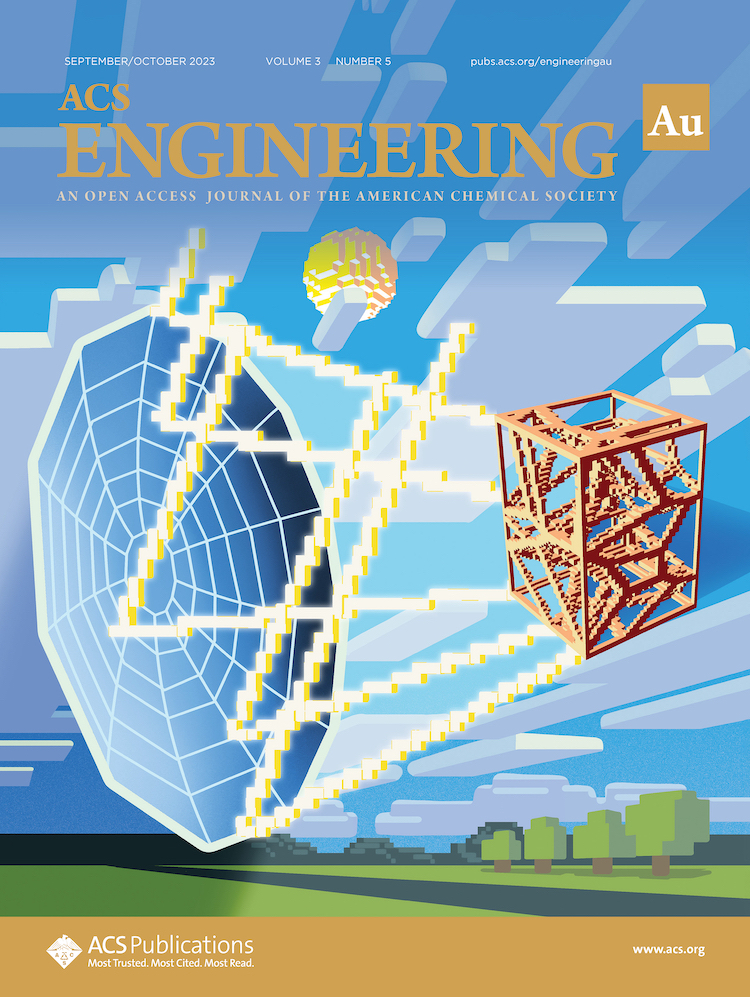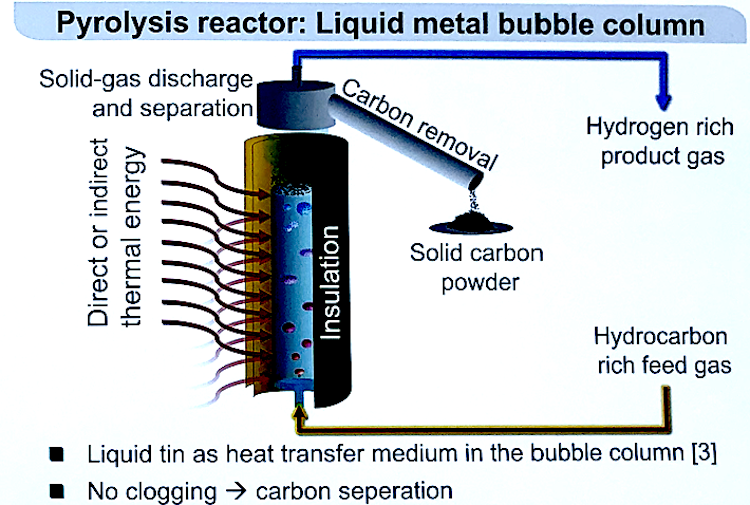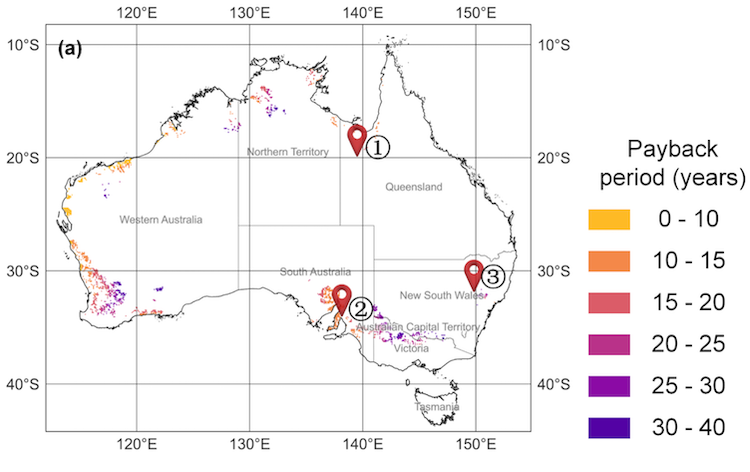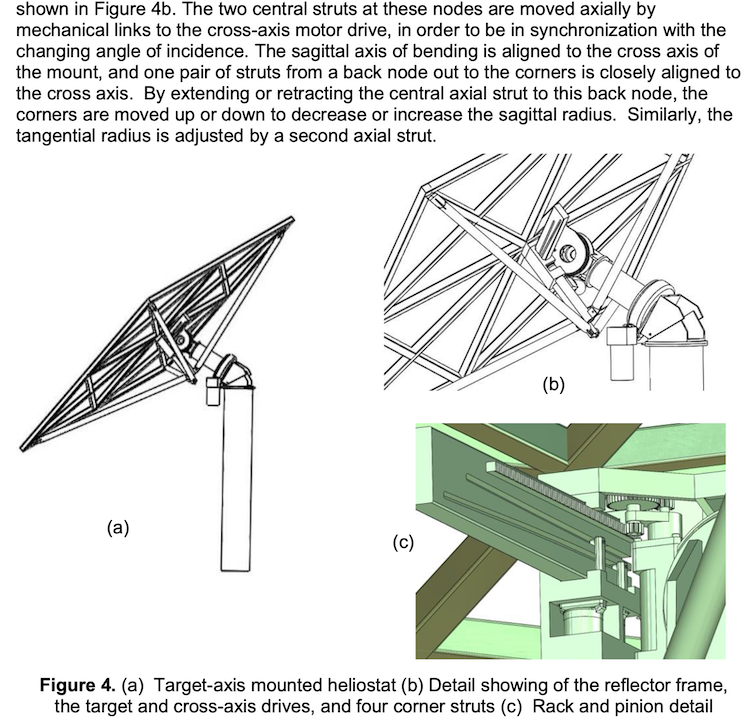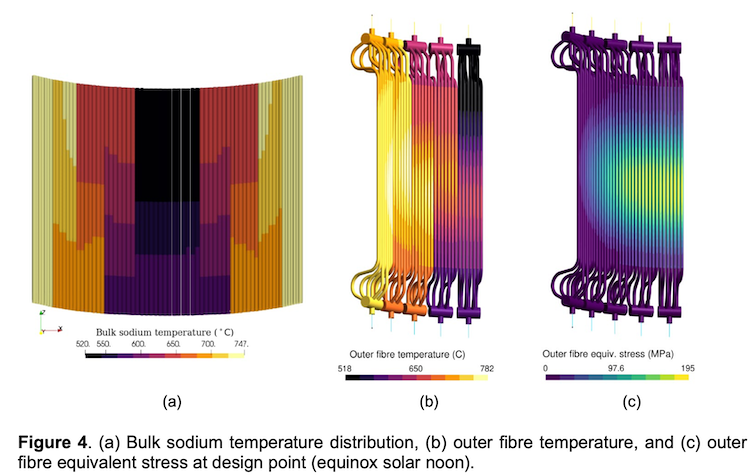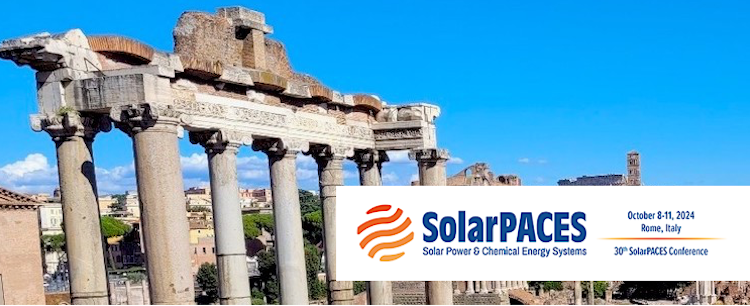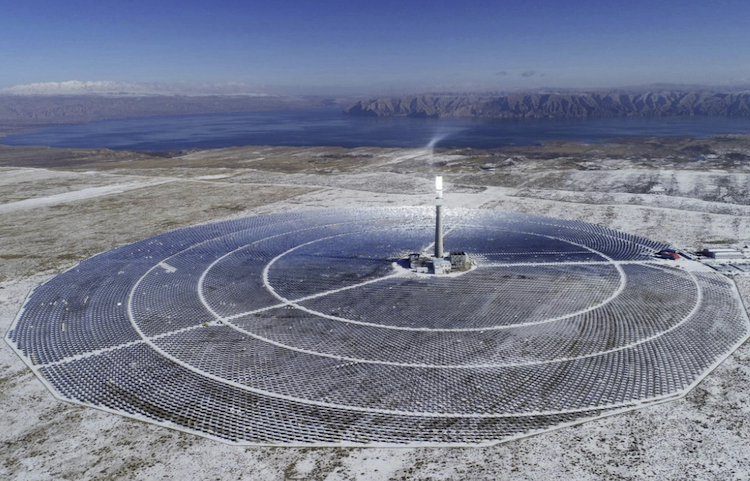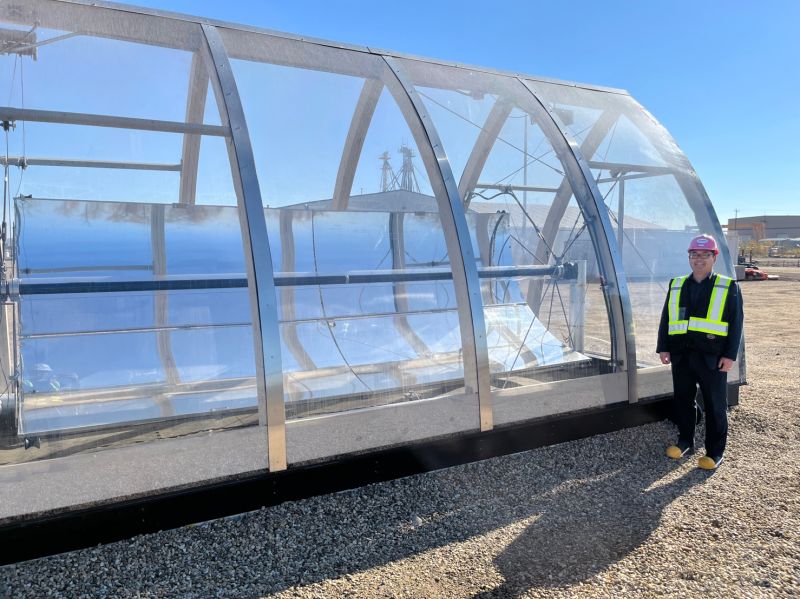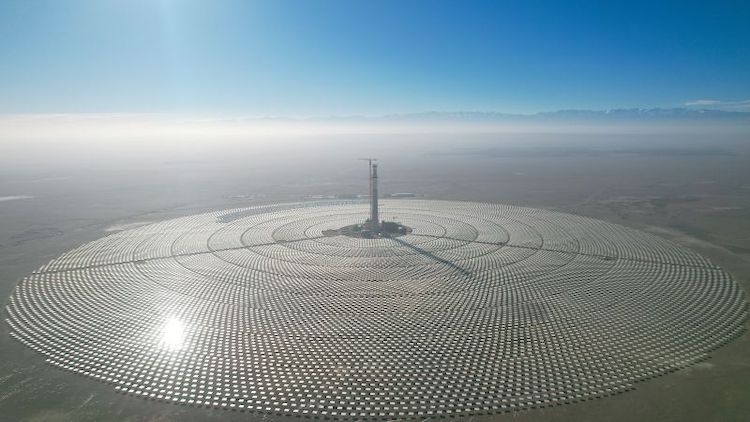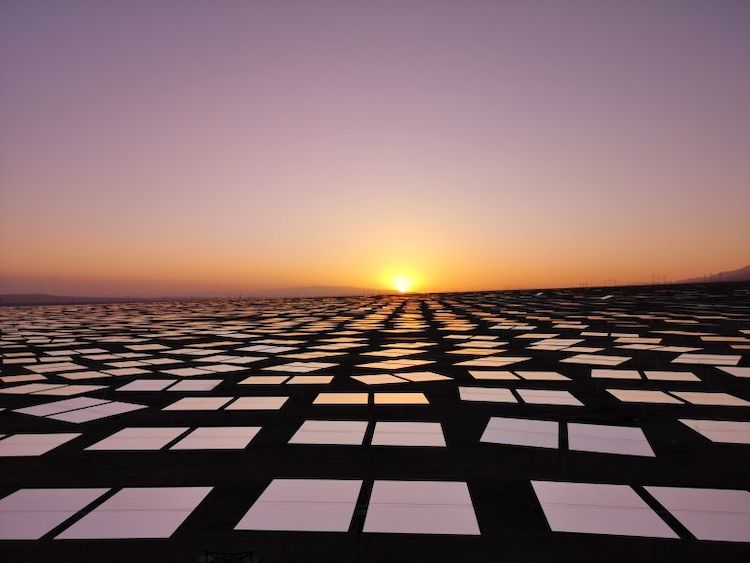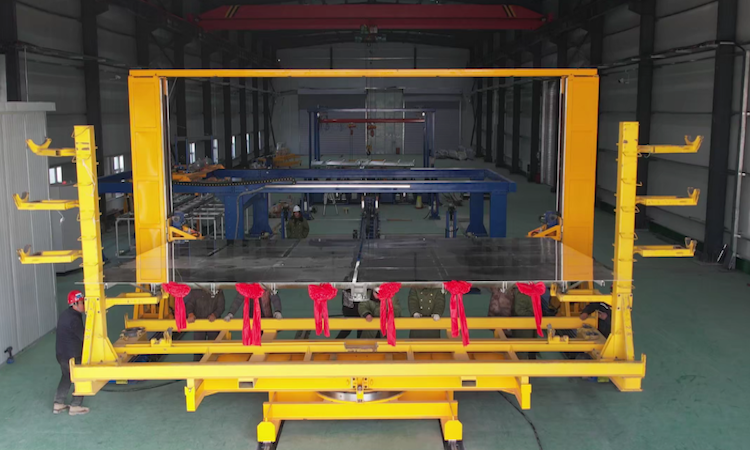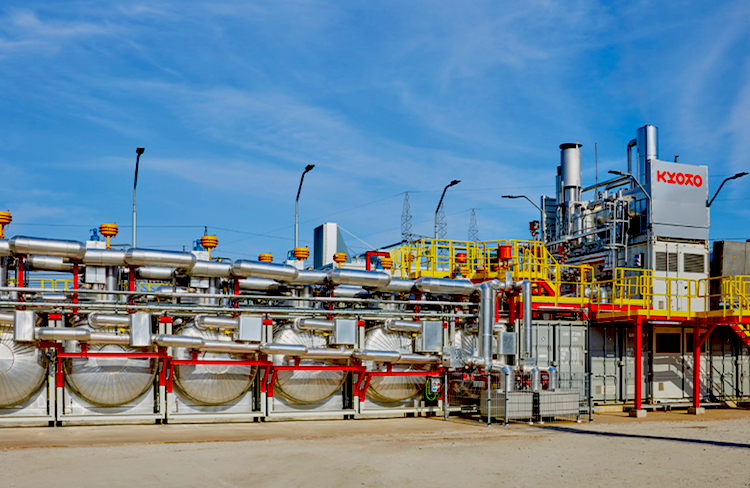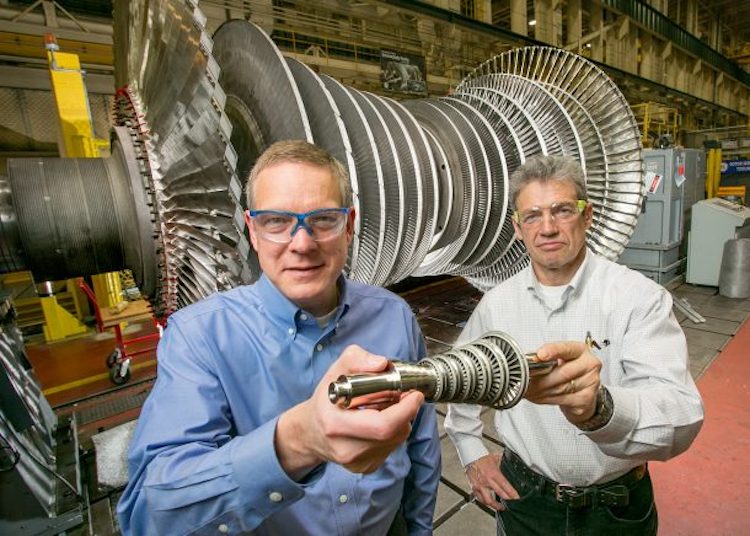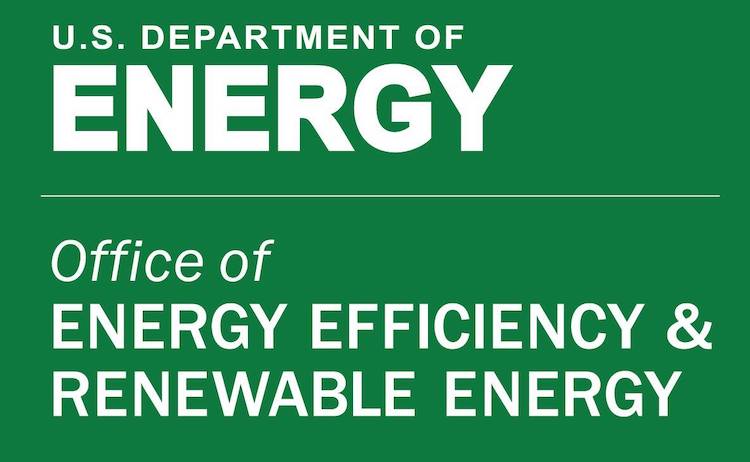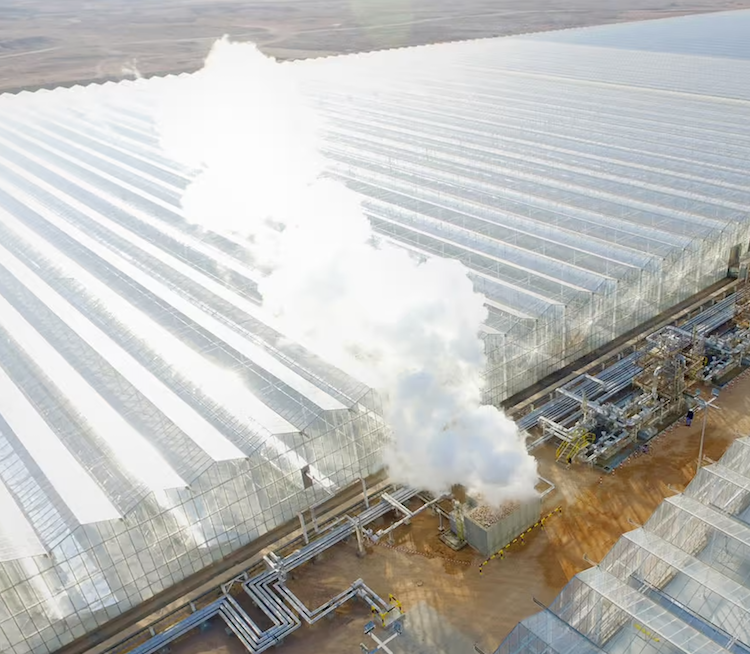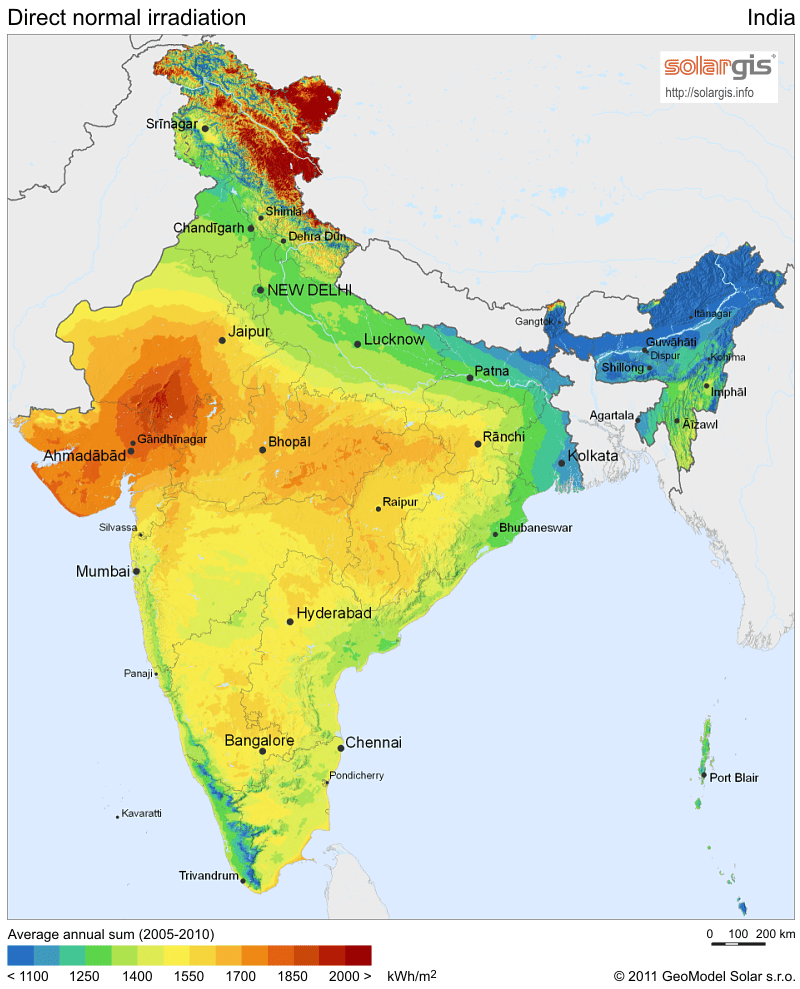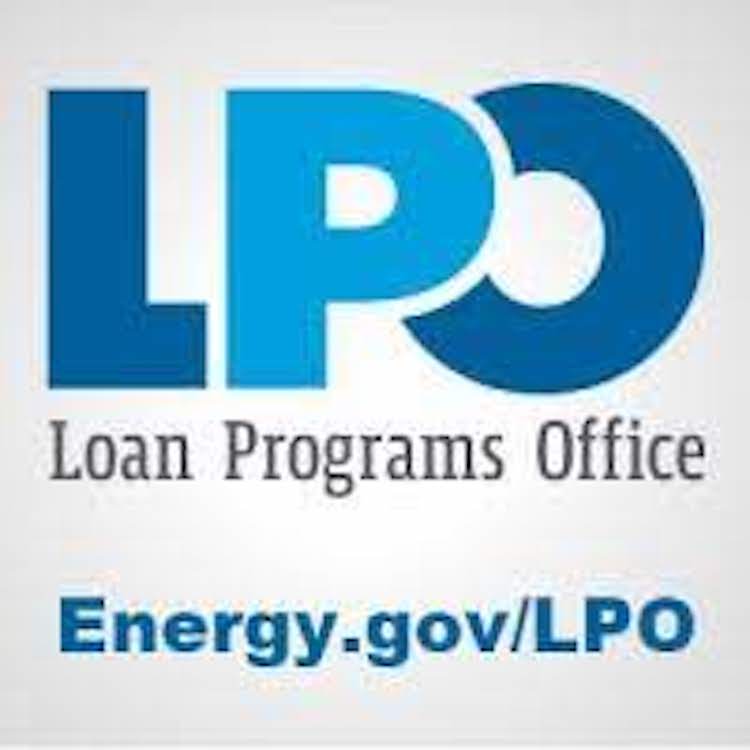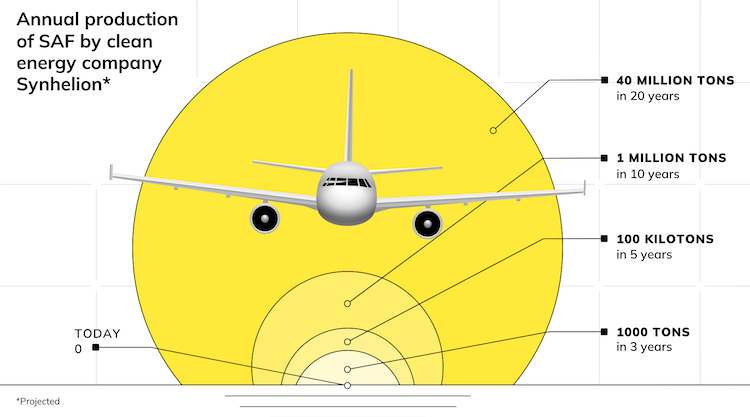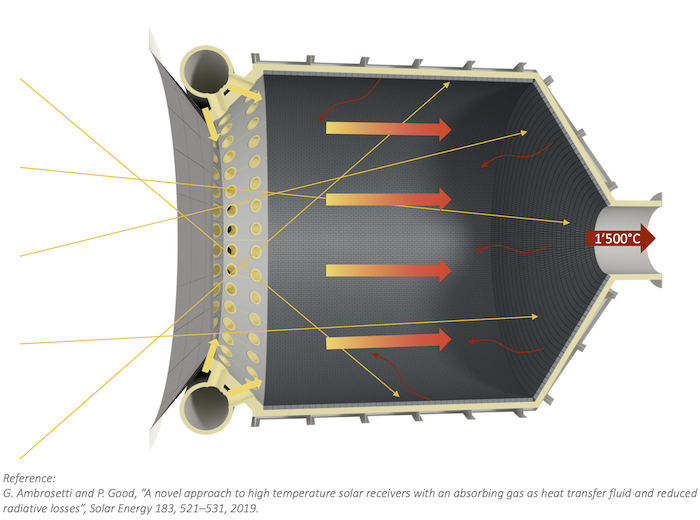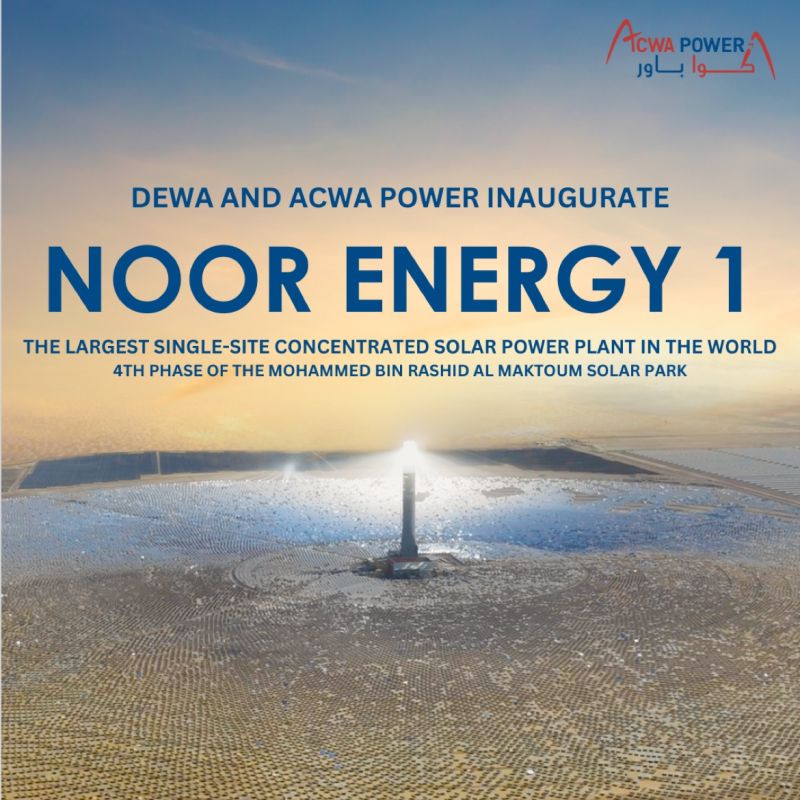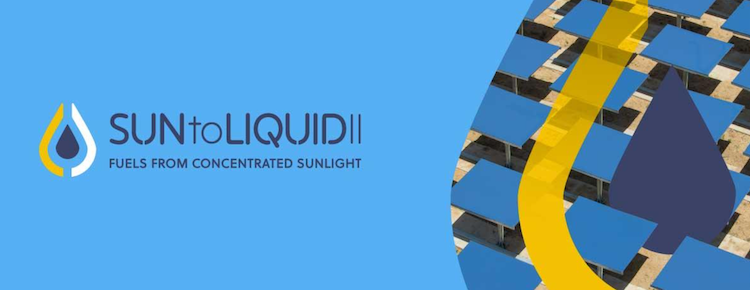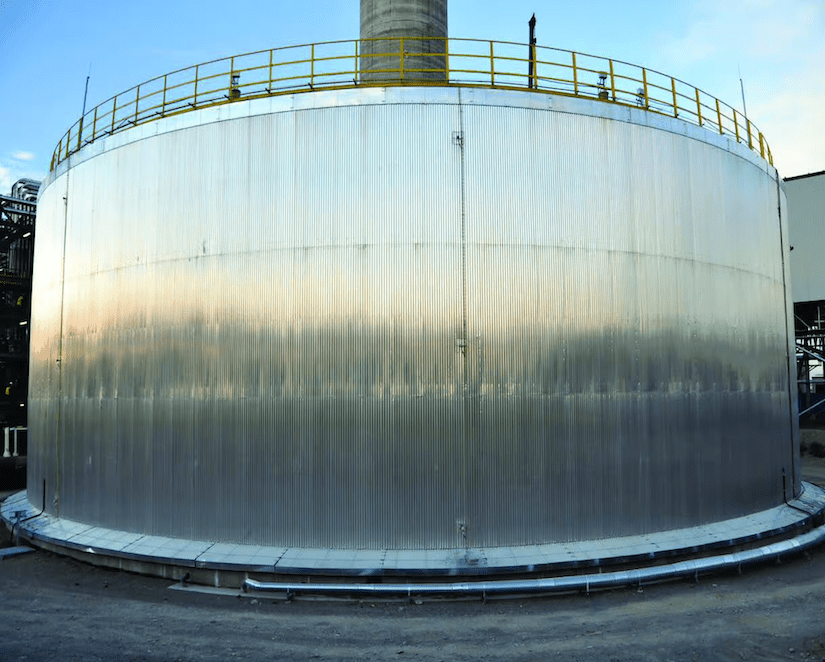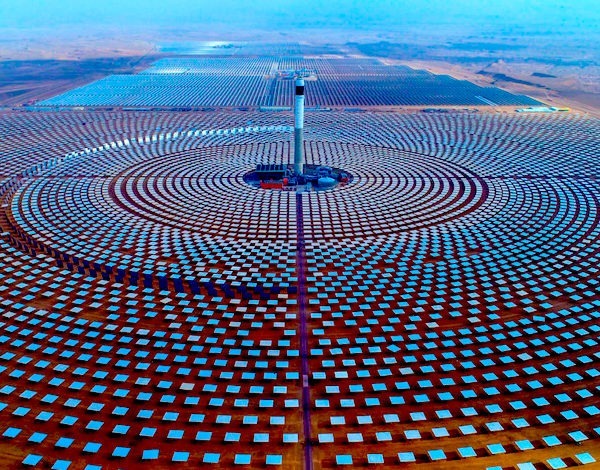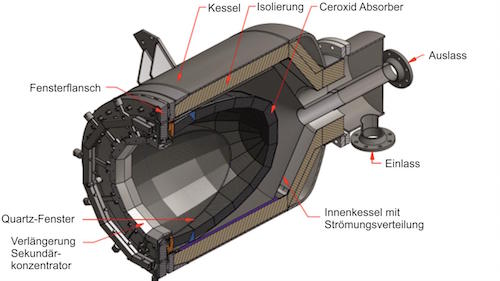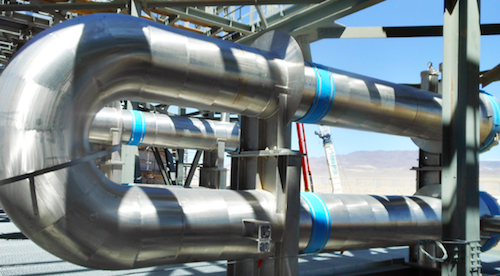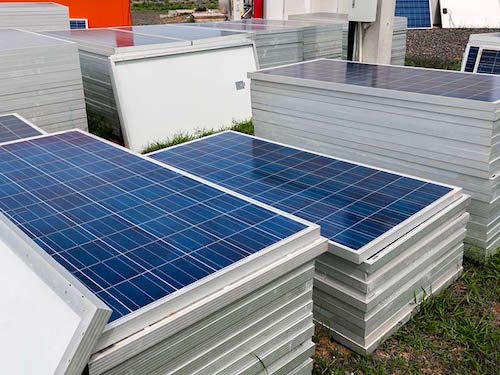
Solar fuels R&D Sun-to-Liquids wins recognition at Cop26
- The Sun-to-Liquids project has been developed by a consortium integrated by the leading European solar research laboratories and CSP industry leaders: ETH Zurich, DLR, Bauhaus Luftfahrt, IMDEA Energy, HyGear Technology & Services B.V and Abengoa.
- The aim is to produce renewable transportation fuels from water and CO2 with solar energy: The first synthesis of solar kerosene
- The winners were presented in a ceremony celebrated during the COP26 Conference, in Glasgow.
European solar fuel research project recognized as one of the world’s best environmental projects: SUN-to-LIQUID receives the 22nd Energy Globe World Award
The transition from fossil to renewable fuels is one of the most important energy challenges of the future. The SUN-to-LIQUID project, funded by the EU and Switzerland, takes on this challenge by developing the technology to produce renewable transportation fuels from water and CO2 with solar energy: The first synthesis of solar kerosene was demonstrated with a solar reactor driven by concentrated sunlight in a solar tower configuration.
The project SUN-to-LIQUID is now recognised as one of the world’s best environmental projects winning the 22nd Energy Globe World Award in the category “Fire”, dedicated to projects on sustainable energy technologies. The Energy Globe World Award, organised by the independent Energy Globe foundation in Austria since 1999, is today the most recognised environmental award in the world, rewarding successful sustainable projects from five continents and thus demonstrating that many of our environmental problems have feasible solutions. This year’s edition registered 182 participating countries and more than 2,000 projects submitted from around the world. The finalists and winners were presented in the ceremony celebrated on November 8th, 2021, during the COP26 Conference in Glasgow.
“The SUN-to-LIQUID core solar technology and the integrated chemical plant were experimentally validated under real field conditions relevant to industrial implementation”, said Prof. Aldo Steinfeld of ETH Zurich, who leads the solar thermochemical reactor development. “This technological demonstration can have important implications for the transportation sectors, especially for the long-haul aviation and shipping sectors which are strongly dependent on drop-in hydrocarbon fuels”, announced project coordinator Dr Andreas Sizmann of Bauhaus Luftfahrt, “we are now a step closer to living on a renewable ‘energy income’ instead of burning our fossil ‘energy heritage’. This is a necessary step to protect our environment.”
From the laboratory to the field
The preceding EU-project SOLAR-JET developed the technology and achieved the first-ever production of solar jet fuel in a laboratory environment. The SUN-to-LIQUID project scaled up this technology for on-sun testing at a solar tower. For that purpose, a unique solar concentrating plant was built at the IMDEA Energy Institute in Móstoles, Spain. “A sun-tracking field of heliostats concentrates sunlight by a factor of 2,500 – three times higher than current solar tower plants used for electricity generation”, explains Dr Manuel Romero of IMDEA Energy. This intense solar flux, verified by the flux measurement system developed by project partner DLR, allowed to reach reaction temperatures of more than 1,500°C within the solar reactor positioned at the top of the tower. The solar reactor, developed by project partner ETH Zurich, produced synthesis gas, a mixture of hydrogen and carbon monoxide, from water and CO2 via a thermochemical redox cycle. An on-site gas-to-liquid plant that was developed by the project partner HyGear processed this gas to kerosene.
Unlimited supply of sustainable fuel
Compared to conventional fossil-derived jet fuel, the net CO2 emissions to the atmosphere can be reduced by more than 90%. Furthermore, since the solar energy-driven process relies on abundant feedstock and does not compete with food production, it can thus meet the future fuel demand at the global scale without the need to replace the existing worldwide infrastructure for fuel distribution, storage, and utilisation.
Project background
SUN-to-LIQUID is a four-year project supported by the European Union’s Horizon 2020 research and innovation programme and the Swiss State Secretariat for Education, Research and Innovation (SERI). It started in January 2016 and ended on 31 December 2019. SUN-to-LIQUID joins leading European research organisations and companies in the field of solar thermochemical fuel research, namely ETH Zurich, IMDEA Energy, DLR, Abengoa and HyGear Technology & Services B.V. The coordinator Bauhaus Luftfahrt e. V. is also responsible for technology and system analyses. ARTTIC supports the Research Consortium with project management and communication.
For more information, visit
SUN-to-LIQUID, https://www.sun-to-liquid.eu/
ENERGY GLOBE AWARD, “The most important Award for Sustainability worldwide”, https://www.energyglobe.info/
______________________________________________________________________
Partner logos







